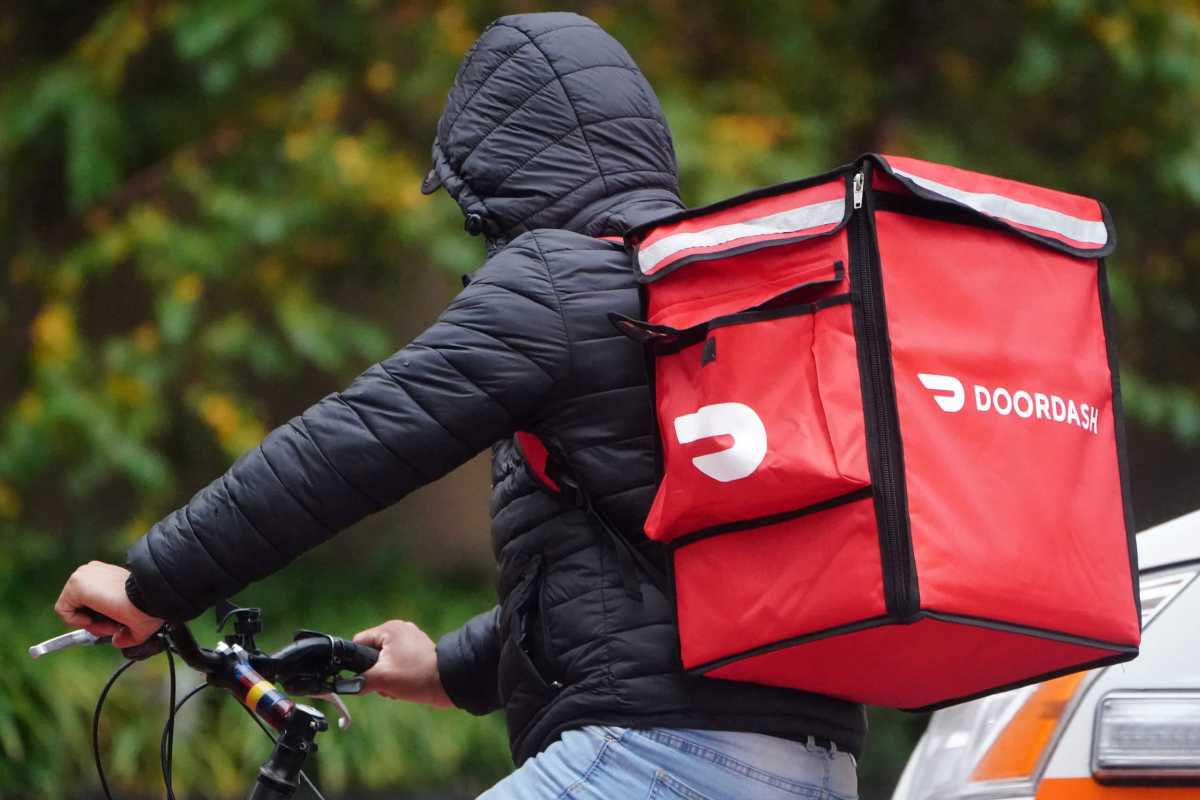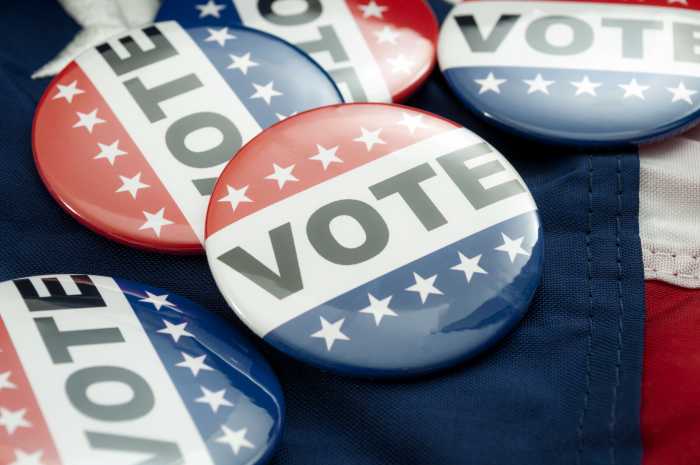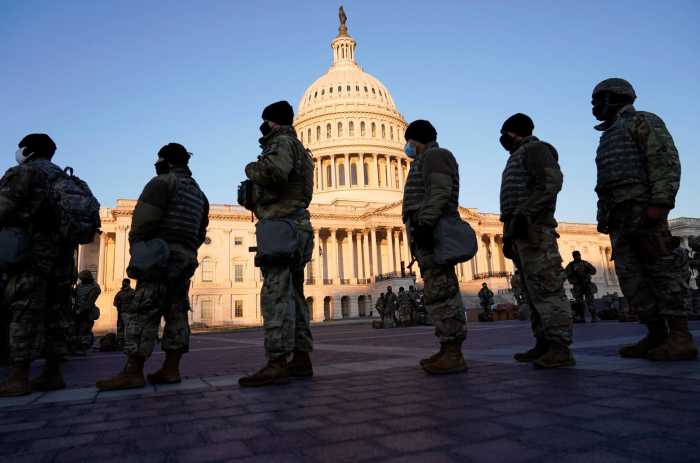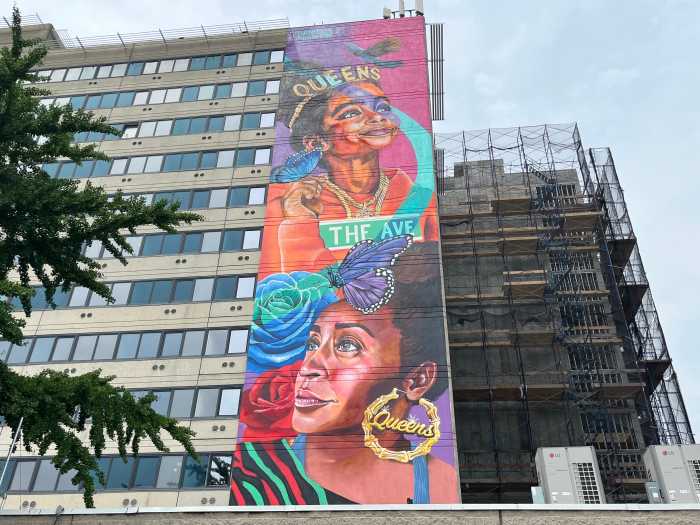After a long day, you want dinner from your favorite restaurant, but the rain, exhaustion, or the distance keeps you home. So, you open an app and order on your phone, and with the push of a button, satisfy your craving, support a local restaurant, and give a delivery worker a great tip. Win-win-win.
Except for one note: in that process, you’ve provided a lot of personal information. Your name, your address, your phone number, your credit card information, your food allergies, and more. This information is tied together with all your previous orders: the cake for your child’s school birthday party and the soup when you had the flu. This information says a lot about you, and it’s held by a technology company that has specific products and policies designed to keep your personal information safe. But because of legislation being pushed by the City Council right now, all of that private information might soon be up for grabs.
City Council is pushing for dangerous legislation to force delivery platforms to hand over the private information of their customers without their permission. This is scary for numerous reasons but for the Haitian American Caucus, the prospect of this information being exposed and without any protection is uniquely concerning.
For the last year, the Haitian American Caucus has worked with DoorDash to increase food access for vulnerable, food-insecure communities across the city. We provide DoorDash credit to Haitian New Yorkers, enabling people who are sick to have a meal delivered, giving parents a night off from figuring out a meal for their children, and removing the worry of how to afford another dinner. Our ability to keep those families’ personal information private and confidential is critical especially since many of our members are immigrants and are already facing hardships around surviving in New York City without permanent residency or citizenship status.
If this legislation were to become law, we would have to reassess whether it was wise to provide these resources to our communities, since DoorDash – and any other delivery platform – could be forced to turn over our members’ names, physical addresses, phone numbers, and entire order and transaction histories to any restaurant who wants it. What’s more, this potential law doesn’t require restaurants to keep that information safe. It can be shared with government organizations, printed and left out on a countertop, or handed to discriminatory groups who wish our community harm.
This bill may be well-intentioned but right now, it has more risks than benefits. At the very least, City Council should let customers decide if their account information is exposed and outline specific requirements for restaurants to keep this data safe. Restaurants are often small businesses, lacking the technical capabilities for both securing data, and knowing how to follow other local, state, and federal data privacy regulations. If these businesses have your information, they should be held to the same standards that any other business is.
As an organization, we work to ensure Haitian Americans in New York have all the tools they need to succeed and develop, but the first step is ensuring they’re safe. We believe vulnerable populations throughout the city should be the ones who decide what personal information is shared broadly and freely. City Council’s latest bill takes that power away from them.
New Yorkers should write their Council Members today and urge them to slow down: understand the real-world implications of this bill. The safety and respect of many New Yorkers depend on it.
Sam Pierre is the Executive Director of the Haitian American Caucus.
































